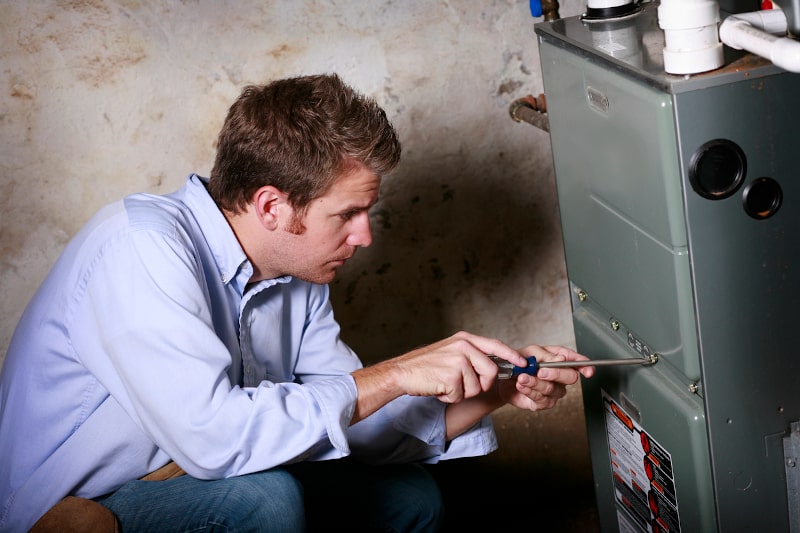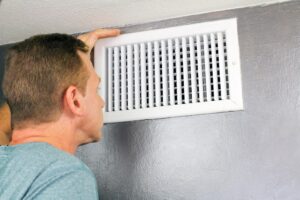Furnaces play a critical role in homes in Bath, PA, providing warmth during the cold months. If a furnace overheats, it can cause significant damage to your home and put your family at risk. Below are five reasons why furnaces may overheat.
1. Mechanical Failure
Furnaces have a lot of working parts that can wear down over time. When one of these parts fails, it can cause the furnace to overheat. Electrical wiring can also fray, causing shorts that can lead to an overheating furnace.
2. Clogged Vents
Vents in your home can clog with dust, dirt and other debris. When this happens, it prevents hot air from escaping the furnace, causing it to overheat. Schedule regular maintenance to clean and remove any blockages in your furnace vents.
3. Old Age
The average life span of a furnace is 15-25 years, and however much you maintain it, it won’t last forever. As your furnace ages, it becomes less efficient and more likely to overheat. Consider replacing an old furnace with a new and more energy-efficient model to prevent overheating.
4. Short Cycling
Short cycling occurs when your furnace turns on and off more frequently than normal. This can happen for several reasons, including a dirty air filter or thermostat issues. Short cycling puts extra strain on the furnace, causing it to overheat and break down.
5. Restricted Airflow
The air should flow freely through your furnace. Restricted airflow causes the furnace to work harder to heat your home, leading to overheating. Check the ductwork for any blockages or leaks, and call us to repair them as soon as possible.
An overheating furnace is a serious problem that can lead to extensive damage to your home. If you notice your furnace is overheating, shut it off and call a professional to check it out. Contact Sullivan Oil & Propane today to schedule furnace maintenance or repairs.
Image provided by iStock



